
BANKING ON BANKS 2024: CREDIT AND DEBT

BANKING ON BANKS 2024: CREDIT AND DEBT

HOW CAN ESG DATA HELP REDUCE CLIMATE RISK?
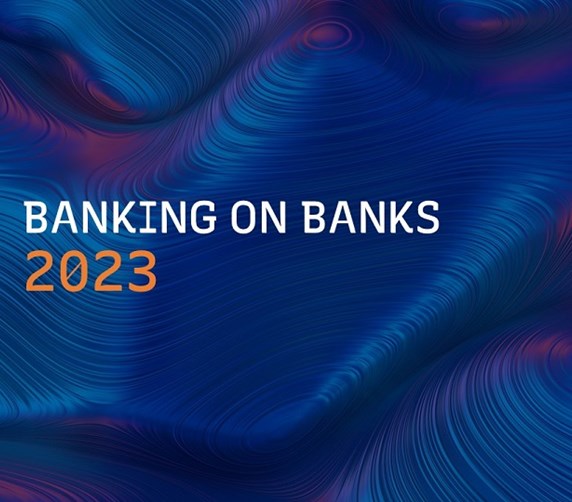
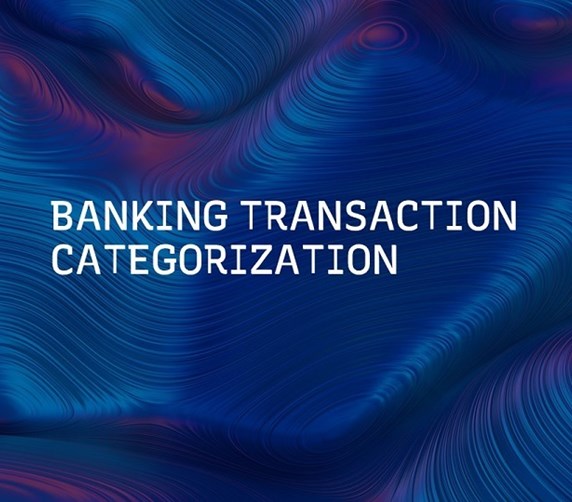
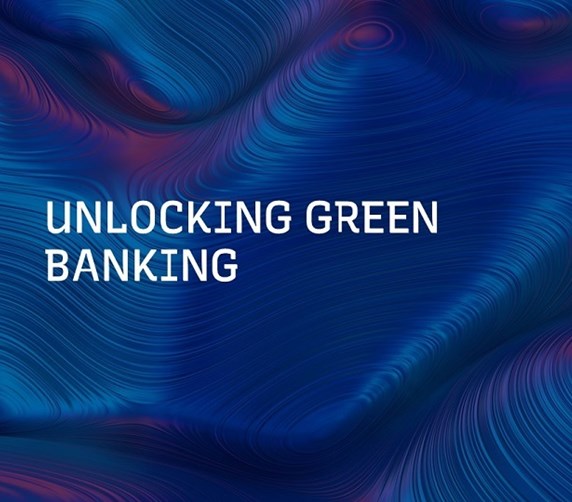
UNLOCKING GREEN BANKING: UNRAVELING CARBON FOOTPRINT THROUGH PRACTICAL ANALYSIS
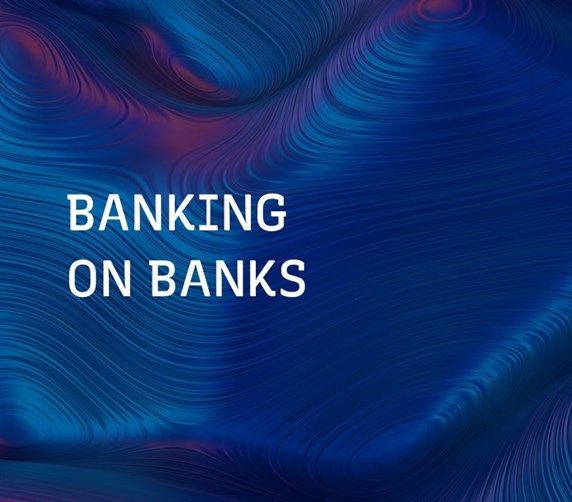
Banking on Banks: How the cost of living is changing demand for financial services in Europe
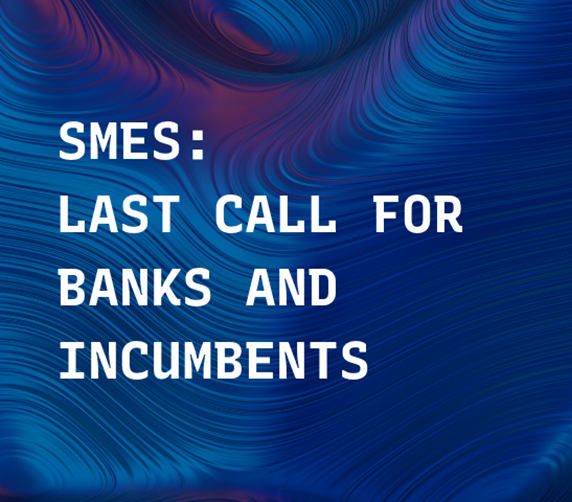
SMEs: last call for banks and incumbents
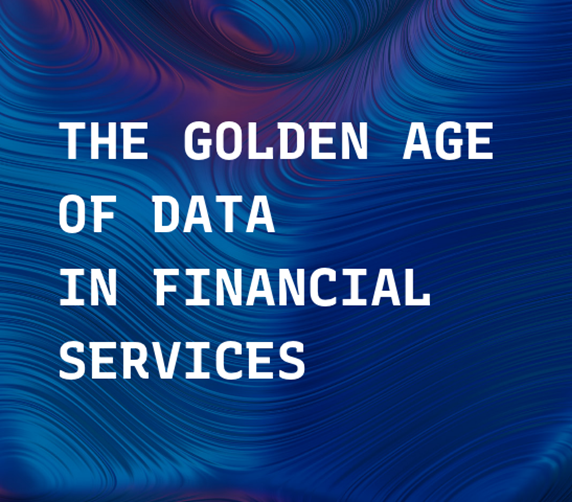
The golden age of data in financial services
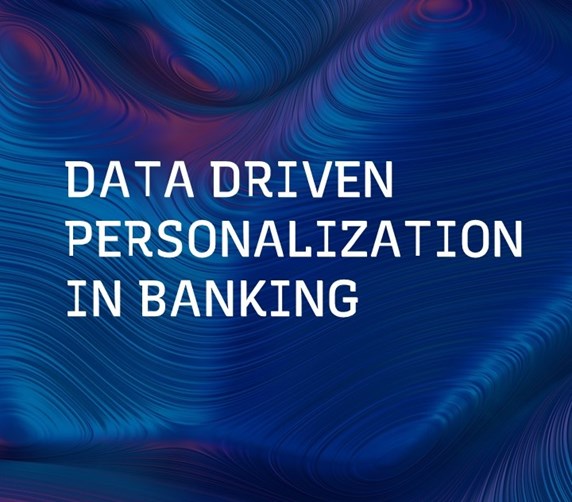
Data Driven Personalization in Banking
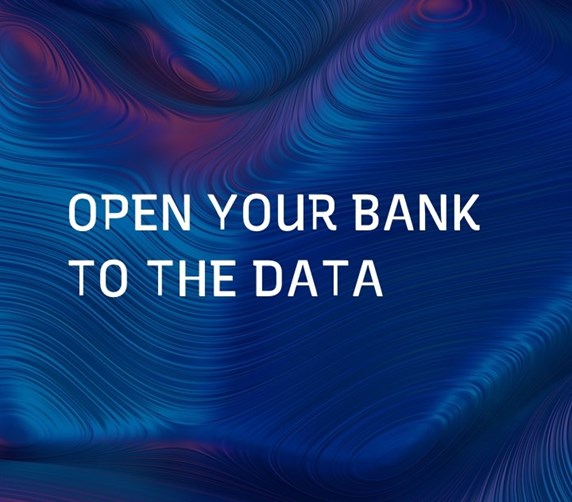
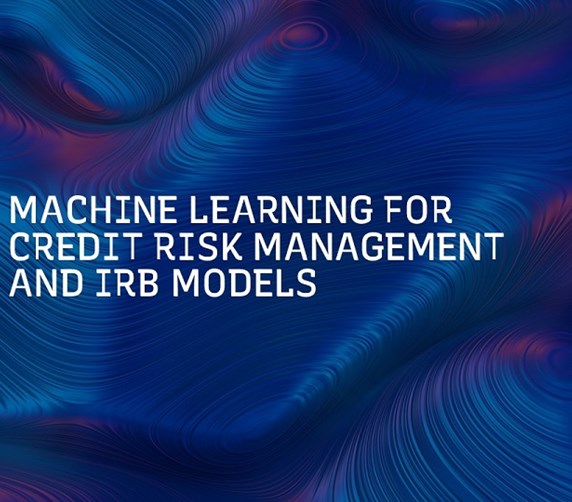
MACHINE LEARNING FOR CREDIT RISK MANAGEMENT AND IRB MODELS